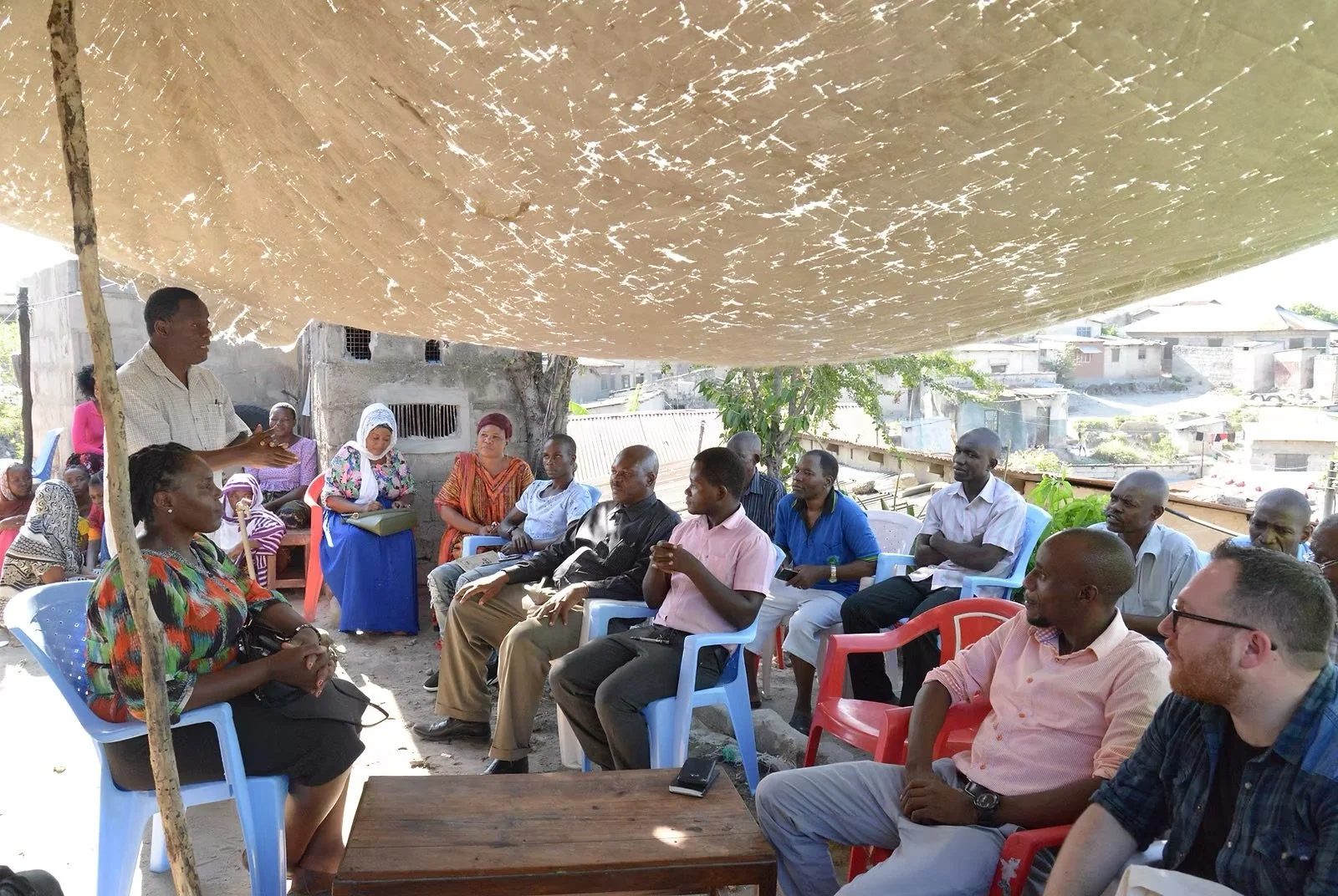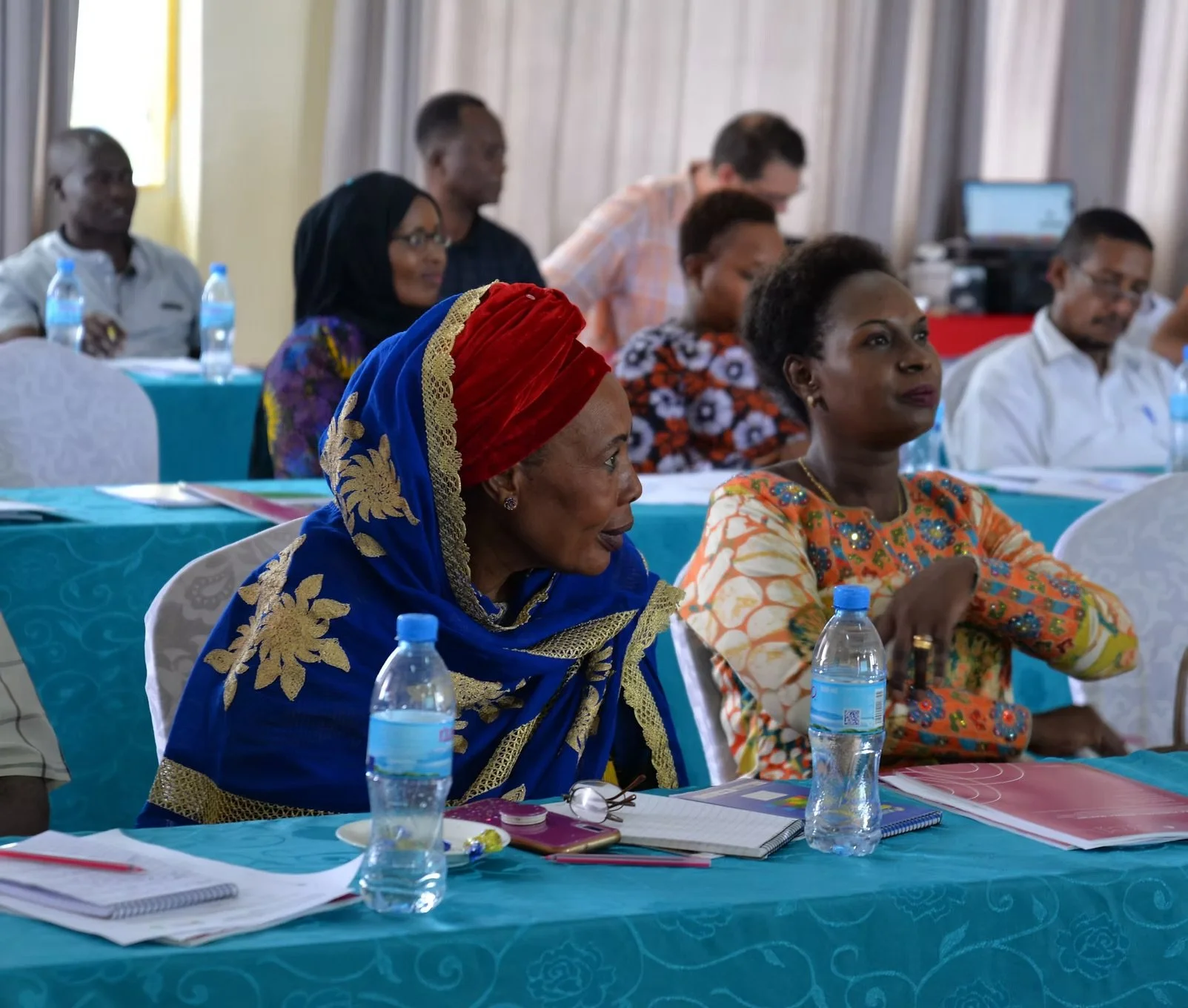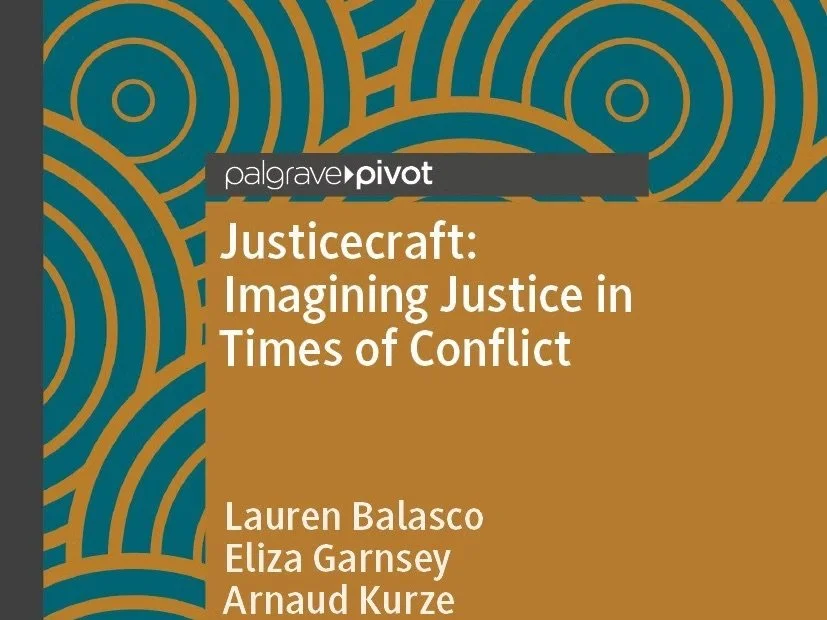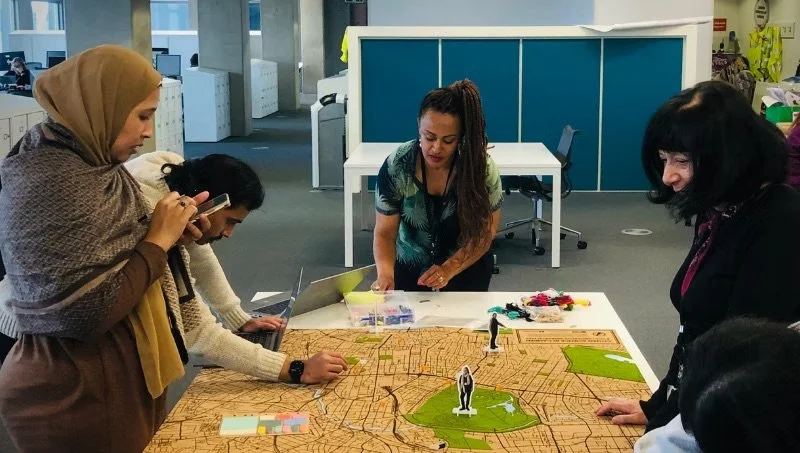Prosperity Co-Lab (PROCOL) Africa is an innovative collaborative research programme seeking to broaden the discussion of what constitutes prosperity in Africa.
We conduct research for a prosperous, autonomous and resilient Africa through local partners, by harnessing cutting edge science, community knowledge, astute policy development and participatory research methods to develop smarter, localised understandings of prosperity that can be tailored to communities across Africa.
What we do
Delivering inclusive, sustainable and resilient prosperity remains a major challenge across sub-Saharan Africa. Despite some successes, decades of national, international and NGO-led development practices have failed to confront the key drivers of poverty. Top-heavy governance and rigid conventional economic models championed by major financial institutions continue to perpetuate inequality, injustice and environmental degradation.
New models of development are needed. We propose that community oriented development, based on an understanding of natural prosperity in the local context can deliver lasting, inclusive prosperity for Africa’s citizens and communities.
Our Citizen Science Methodology
Our sustained Citizen Science method means training and involving local researchers in all phases of the research project, from research design to data collection, to data analysis to project proposal and implementation. This work falls within the UCL Citizen Science Academy.
With local communities, we explore how promoting and creating pathways for prosperity can improve people’s quality of life. Our work focuses on building capacities that can help citizens and stakeholders acquire skills and organise into communities of practice that address emergent challenges.
We work with new learning methodologies to enhance the skills of people living in Lebanon, in the fields of sustainable design, post-conflict urban regeneration, and education.
Projects
Maisha Bora (The Good Life) Study
This study Study led by Dr Saffron Woodcraft has been co-designed and co-produced by community members and leaders from the three settlements in Dar es Salaam, and aims to develop new ways of understanding and measuring prosperity that truly reflect peoples’ lived experiences and what supports and what prevents people from living good lives.
Understanding the future of agriculture in Elgeyo-Marakwet
Through our flagship project we have been mapping out a new paradigm for sustainable ecological management and the future of rural livelihoods, based on the concept of natural prosperity.
Sustainable Prosperity in African cities
Our team based in Kenya aims to improve understandings of the sustainable development for African cities. Informed by our approach developed in London, we will be seeking to use qualitative methods of citizen science to develop a prosperity index for Nairobi and Dar es Salaam. Developing this framework for two of Africa’s most prominent cities will help us better understand what constitutes sustainable prosperity for Africa’s growing urban population.
Latest Publications
Working Paper
Empowering communities to define, measure, and take action on creating a good life in Dar es Salaaam
In partnership with the Centre for Community Initiatives, we launched the Maisha Bora Index for Dar es Salaam. This document summarizes how the project has been co-designed with the local community, and how the evidence is being used to develop new interventions with entrepreneurs.
Working Paper
Ensuring societal considerations are met when translating science into policy for sustainable food system transformation
Professor Jacqueline McGlade co-authors this article on Trends in Food Science & Technology
Working Paper
Supporting the capacities and knowledge of smallholder farmers in Kenya
Professor Jacqueline McGlade and Dr Matthew Davies co-author this paper on supporting the capacities and knowledge of smallholder farmers in Kenya for sustainable agricultural futures: a Citizen Science pilot
Working Paper
Kenyan General Elections 2022: A game of pledges, promises and service to self-interest
Hannah Collins, Amos Tirra and others write about the 2022 and provide an analysis of traditional and social media
Working Paper
Soil carbon farming has the potential to bridge the global emissions gap
Professor Jacqueline McGlade co-authors this paper on the carbon sequestration capacity of soils
Working Paper
Exploring animal husbandry in smallholder dairy systems in Ethiopia using photovoice
Ndungu S. Nyokabi and Henrietta L. Moore are co-authors on this paper for the Agriculture & Food Security Journal
Working Paper
Comparing the Carbon Footprint of Private Jet Travel and Other Modes of Transport to COP28
Professor Jacqueline McGlade co-authors this paper about modes of travel to COP28 and climate impact, arguing for transparency, accountability and informed choices in travel decisions
Blog
Business unusual: valuing nature’s invisible benefits
Eve Njau writes about nature's value for enterprises and the creation of innovative value chains that improve livelihoods. (link to be added).






